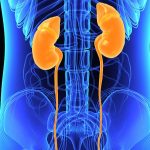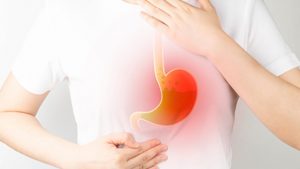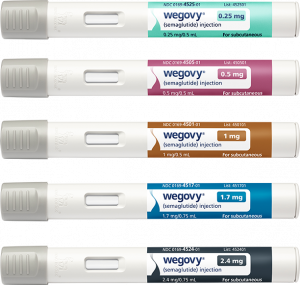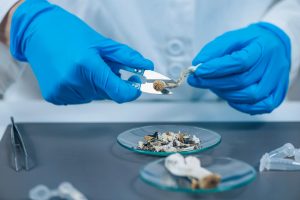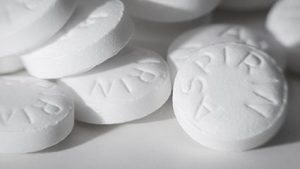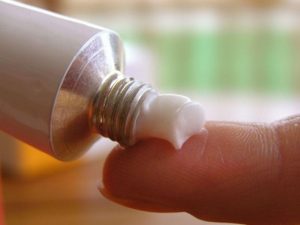
Many people are plagued by self-criticism, that inner voice that questions every decision and every move. It can keep you from reaching goals and erode self-confidence. And when it happens during intimacy, it can ruin your sex life and your relationship. No topic is taboo for the inner critic’s scrutiny — your attractiveness or your attraction to your partner, your sexual needs, your performance, and all these aspects of your partner as well. These thoughts can start before the first moment of intimacy and escalate to the point where your mind is not on your partner when lovemaking, but caught up in destructive thoughts. Experts say that to challenge your inner critic, you should first write down all these thoughts in detail, but do so in the second person to distance yourself from them. The next step is harder, but effective: Verbalize these thoughts with your partner. By voicing them, rather than letting them fester in your head, you can both put them in perspective and, together, debunk them. You might start by explaining that self-doubt is keeping you from feeling a close bond during intimacy, and then share your doubts and fears. Be gentle if any of your thoughts directly concern your partner, such as his or her ability to satisfy you. You might each use this opportunity to talk about what gives you… read on >

















